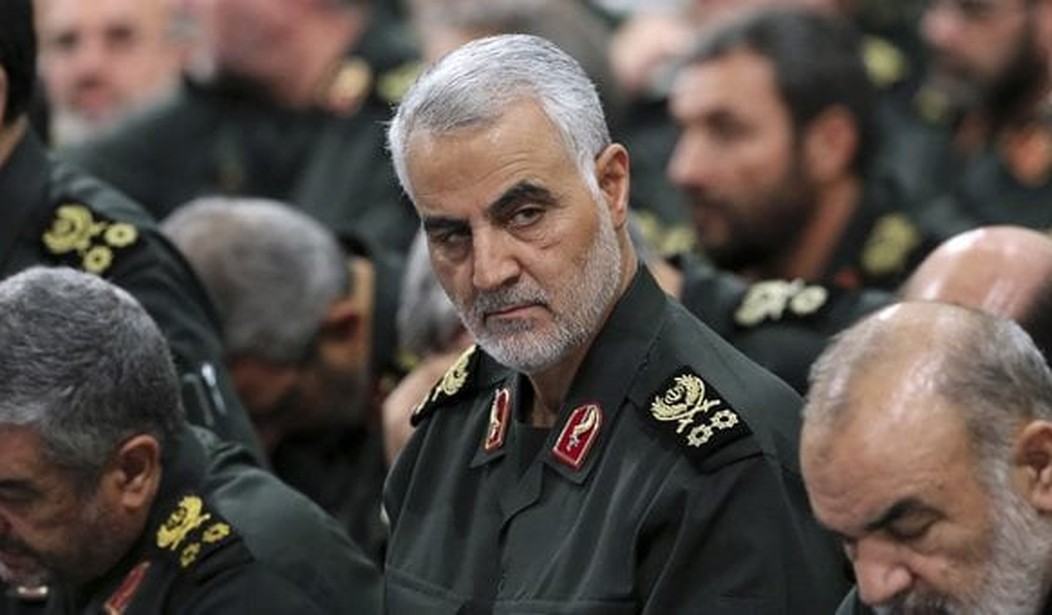The Pentagon announced that the U.S. launched airstrikes against Shiite militia members believed to be responsible for a rocket attack on a military base north of Baghdad that killed and wounded several Americans.
The strikes targeted the Kata’ib Hezbollah weapons facilities inside Iraq. The purpose, said the Pentagon, was “to significantly degrade their ability to conduct future attacks.”
The militias are under the direct command of the Iranian Revolutionary Guard Corps and have attacked American soldiers in the past, specifically in December. At that time, Kata’ib Hezbollah, an Iranian-backed Shiite militia group, was the likely perpetrator. That group was targeted yesterday.
The Pentagon statement said the facilities hit in the precision strikes were used to store weapons used to target the U.S. and coalition forces. It called the counterattack “defensive, proportional and in direct response to the threat” posed by the Iranian-backed Shiite militia groups.
U.S. officials said the locations of the strikes were largely around the Baghdad region. One U.S. official said there were two strikes at Jurf al-Sakher, one in Karbala, one at Al-Musayib, and one at Arab Nawar Ahmad. The official said the U.S. expected casualties would be lower than 50, and said the main effort was to hit the weapons.
The late December attack by Kata’ib Hezbollah indirectly led to the strike that killed Iranian General Qassem Soleiman.
Kataib Hezbollah was responsible for a late December rocket attack on a military base in Kirkuk that killed a U.S. contractor, prompting American military strikes in response.
That in turn led to protests at the U.S. Embassy in Baghdad. They were followed Jan. 3 by a U.S. airstrike that killed Iran’s most powerful military officer, Gen. Qassem Soleimani, and Abu Mahdi al-Muhandis, a leader of the Iran-backed militias in Iraq, of which Kataib Hezbollah is a member. In response to the Soleimani killing, Iran launched a massive ballistic missile attack on Jan. 8, at al-Asad air base in Iraq, that resulted in traumatic brain injuries to more than 100 American troops.
No one expected the death of Soleimani would discourage the militias from attacking Americans. But his death had an effect on Iran’s ability to operate in Iraq. Soleimani was able to build personal relationships with Shiite leaders in Iraq who nominally controlled the militias. Now that he’s gone, Iran’s control over the militias is more tenuous. Continued retaliatory strikes by the U.S. make it clear to the Iraqis the price for being Iran’s lackey.










Join the conversation as a VIP Member